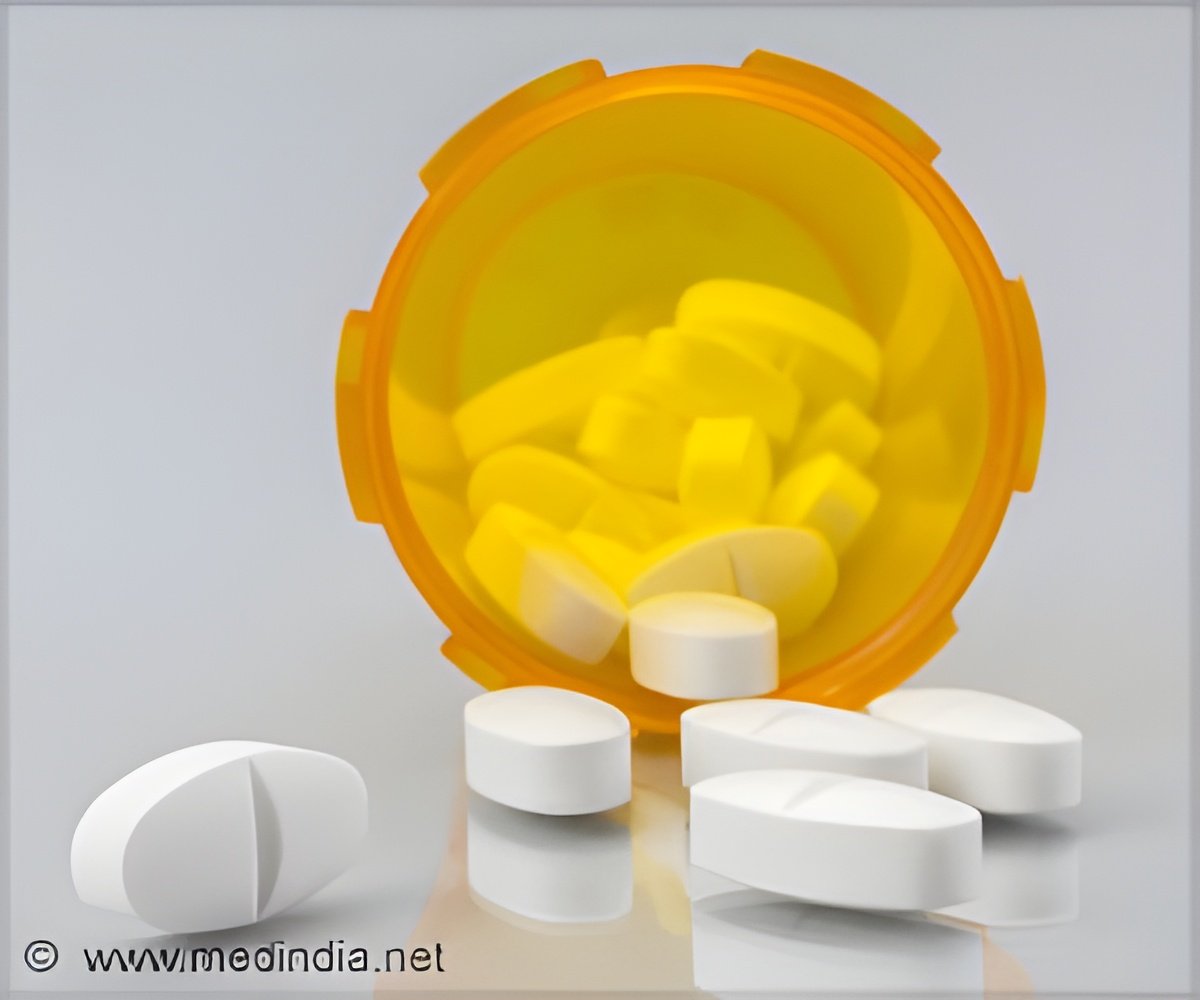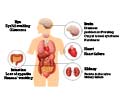Oral steroids put patients with inflammatory disease at high risk of infection, according to a new study.

‘Patients and physicians should be given proper education about infection risk factors, symptom identification, prompt treatment, timely vaccination and history of chronic infections documentation.’
Read More..




The mean age of patients in the study was 73 years. Steroids included prednisolone, prednisone, hydrocortisone and cortisone. The risk of infection increased with higher doses and was elevated even with low daily doses of less than 5 mg of prednisolone.Read More..
"In periods with prescribed medication, patients’ risk was 50% higher than when it was not prescribed," writes Dr. Mar Pujades-Rodriguez, Leeds Institute of Data Analytics, at the University of Leeds, United Kingdom, with coauthors. "Increases in risk ranged from 48% for fungal to 70% for bacterial infections."
More than half of patients (22 234, 56%) had infections during 138 412 person-years of follow up, with the most common infections being lower respiratory tract infections (27%), conjunctivitis (9%) and shingles (7%). More than one-quarter (27%) of patients were admitted to hospital and 7% died within a week of diagnosis of infection.
"Patients and clinicians should be educated about the risk of infection, need for symptom identification, prompt treatment, timely vaccination and documentation of history of chronic infection (e.g. herpes zoster)," write the authors.
They suggest that estimates of dose-response (i.e., the magnitude of risk related to steroid dosing) can be useful for policy-makers in assessing new glucocorticoid-sparing drugs for patients with these inflammatory diseases.
Advertisement












